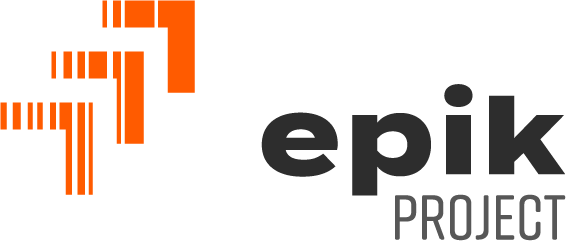When Danger is Close to Home: How Students and Schools Can Fight Back
The recent arrest of a 21-year-old man in Vancouver, Washington, for attempting to solicit high school students underscores the persistent threat of sexual exploitation faced by young individuals. This incident serves as a stark reminder of the importance of proactive education and community engagement in safeguarding our youth.
Incident Overview
On March 17, 2025, students from Heritage High School reported being approached by a man in a white Nissan Versa who made inappropriate sexual propositions. One student recounted that the man offered her $50 for sex, persistently inquiring about her age despite her refusals. Another student described similar advances, with the man commenting on her appearance and attempting to engage her in conversation. Both students demonstrated commendable awareness by rejecting the man's advances and reporting the encounters to school authorities, leading to the swift arrest of Alexander Rietbrock. Rietbrock, who admitted to the offenses and acknowledged having a "problem," has prior convictions involving minors.
School and Community Response
In response to the incidents, Heritage High School Principal Derek Garrison issued a letter to families, emphasizing the school's commitment to student safety and the importance of a "watch and warn" culture. This proactive approach encourages students and community members to remain vigilant and report suspicious activities promptly. Principal Garrison also issued a letter to Epik Project on the importance of the My Friends Are Not For Sale program.
The Role of "My Friends Are Not For Sale" Program
The Epik Project's "My Friends Are Not For Sale" initiative plays a crucial role in educating teens about the dangers of human trafficking and sexual exploitation. The program focuses on peer-to-peer education, empowering students to recognize signs of exploitation among their friends and take appropriate action. Key indicators of exploitation highlighted by the program include:
Behavioral Changes: Extreme fatigue, withdrawal, or social isolation.
Academic Difficulties: Declining performance or excessive absences.
Signs of Abuse or Addiction: Physical injuries, substance abuse, or hunger.
Unusual Communications: Excessive texting with unknown individuals.
Possession of Expensive Items: New phones, jewelry, or clothing without a clear source.
Relationships with Older Individuals: Sudden involvement with older partners who provide excessive attention or gifts.
By educating students on these signs, the program fosters a supportive environment where peers look out for one another, reinforcing the message that exploitation is unacceptable.
The Pervasiveness of Predatory Behavior
The Vancouver incident is not isolated. Recent studies uncover the persistent threat of adults exploiting minors through online platforms as well. A 2021 survey revealed that 23.5% of young adults reported experiencing online sexual solicitation before the age of 18, with 83.2% of these solicitations perpetrated by adults aged 18 or older. Notably, 47% of these incidents targeted children between 13 and 15 years old. These findings highlight the critical need for comprehensive education and community engagement programs to protect vulnerable youth from online exploitation.
Empowering the Community
Addressing the issue of sexual exploitation requires a collective effort from students, parents, educators, and community members. The "My Friends Are Not For Sale" program advocates for several proactive steps:
Open Communication: Encourage honest discussions among friends about their experiences and concerns.
Reporting Concerns: Inform trusted adults, such as teachers, coaches, or counselors, about suspicious activities or changes in behavior.
Educational Initiatives: Collaborate with student bodies to raise awareness about sexual exploitation and promote preventive measures.
By fostering a culture of vigilance and support, communities can create safer environments for young individuals.
Conclusion
The recent events in Vancouver serve as a poignant reminder of the ever-present dangers posed by predators. While it's essential not to succumb to alarmism, acknowledging the reality of these threats is crucial. Programs like "My Friends Are Not For Sale" equip students with the knowledge and tools to protect themselves and their peers, reinforcing the collective responsibility to ensure that no friend is ever for sale.


